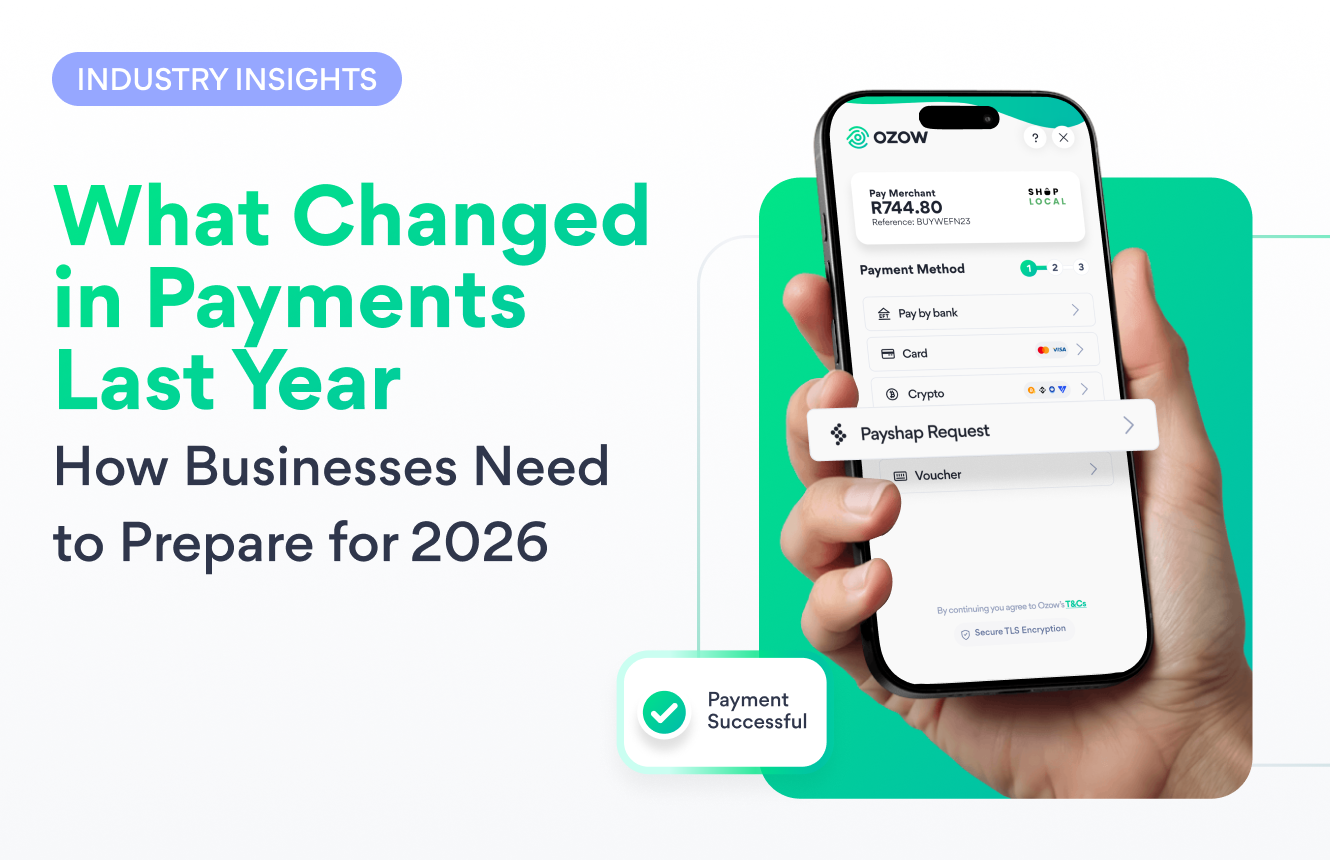
Black Friday and Cyber Monday are the two biggest days for retailers globally. How big you might ask? Well, in 2021 alone one of South Africa’s largest online retailers saw a 51% increase in transaction value (using Ozow) just for the month of November. However, it’s not only Ozow merchants who experience increased activity during this month. A large South African bank noted a 25% hike in transactions during November 2021 compared to 2020. But where we see a rise in sales, cybercriminals see opportunity.
In fact, an eCommerce fraud report by ITWeb, that analysed South African financial transactions over the Black Friday and Cyber Monday period found that 7.8% of them were fraudulent.
So, let’s unpack some of the steps that you can take to ensure the store you’re shopping on is in fact who they say they are. Keep these at the front of your mind, but especially on Black Friday as this period is notorious for higher rates of online fraud.
Beware of the address bar
Humans are sensitive to suspicious activities but sometimes we get it wrong. For this reason, 92% of consumers are concerned about shopping on unfamiliar sites and rightfully so. You should never be 100% okay when making a purchase from a site you’ve never used before, even if it is well-known, because fraudsters use every trick in the book to make webpages look as legitimate as possible.
Even if you’re not suspect of the site you’re shopping on, it’s always useful to take a second and assess the address bar. It’s quick, easy, and will prevent fraud. When checking an eCommerce site’s credentials, start with the URL. Often, fraudsters will make use of URLs that are very similar to the original site’s URL, but aren’t quite the same. Keep a keen eye out for typos and use Google to see if a search takes you to the same page.
Also, look out for the padlock icon in the address bar, it should always be locked, like this:

Another notable difference between fraudulent sites and legitimate ones is the Hyper Text Transfer Protocol Secure (HTTPS) at the front of the site’s address. A secure site should always have HTTPS and never HTTP.
HTTPS = locked padlock
HTTP = unlocked padlock/warning sign

As far as the sites themselves, fraudulent sites often look identical to the original pages with similar URLs or domain names, contact numbers and even email addresses. Look for incorrect use of grammar, spelling or use of numbers instead of letters as these are dead giveaways. Stay away from sites like this and be sure to report them.
Check reviews and social media
A sure-fire way of knowing if a site is real is to check its online reviews. If you’re planning on spending any amount of money on a specific online store, take a second to see what people have to say about using that site.
Coupled with this, you can also review their social pages, whether it be Instagram or Facebook. Even have a look at their LinkedIn and see if their employees are real people. Most legitimate companies have some social media presence and activity.
Ozow’s Head of Infrastructure in Technology, Heathesh Bhandari tells us “To use reputable online retailers, research the retailer, and check if they have online reviews. Generally, I specifically filter on the lowest-rated reviews to see if there are any red flags.”
When looking to make a purchase from a website that doesn’t have great social media engagement or poor reviews, do not trust it.
Place your trust in the trust seal
Trust seals are an extremely helpful method credible sites use to prove they are authentic. You know that you’re in good hands when you see a trust certificate at the bottom of a webpage and almost all eCommerce sites will have one. If you think the site is suspect, click on the certification and you’ll get redirected to the certificate web page, assuring you it’s not a scam.
An example of this is Thawte, a certification authority founded in 1995 by SA’s very own Mark Shuttleworth. Thawte and other companies like it provide website infrastructure to secure domains to protect end users against harmful websites.
If it's too good to be true, it usually is
If you’ve heard it once you’ve heard it a thousand times before, when something is too good to be true it normally is. Black Friday deals are great for saving money and there’s no better feeling than finding the deal you want. But when it comes to fraudsters these deals are exactly what they thrive off. For them it’s like taking candy from a baby, or in this case, taking money from hard working customers. You should always have a cynical hat on when identifying deals and lookout for these tell-tale signs of fraud.
Keeping your wits about you when transacting online is essential. Make sure you use a reputable payment gateway like Ozow in order to stay safe in cyberspace. If you’d like to find out more about paying with Ozow, click here or if you’re looking to partner with a safe and secure payment gateway, sign up here.
Citations
-
Staff Writer








